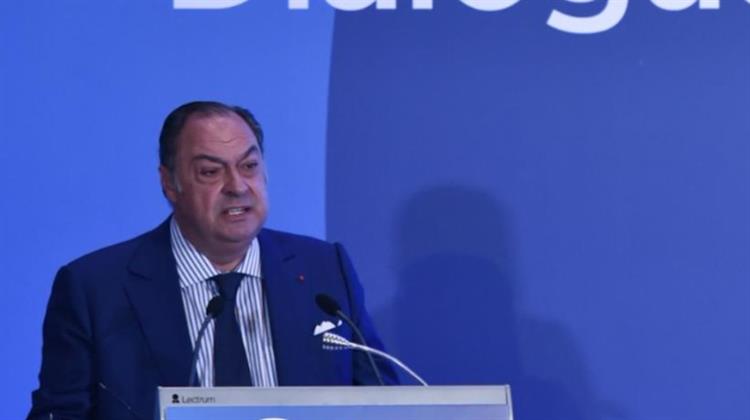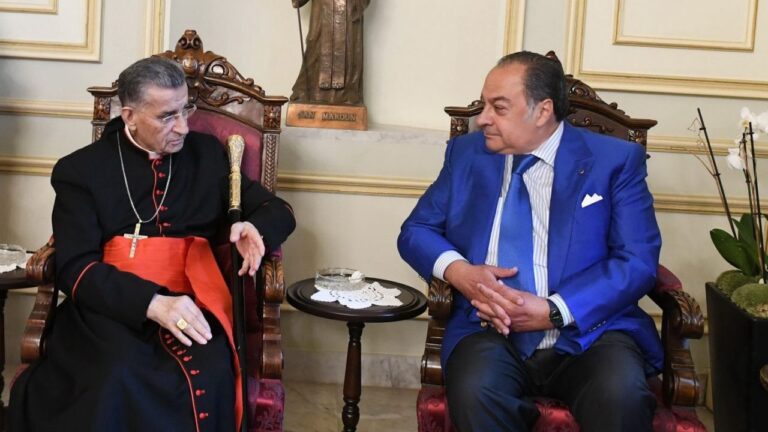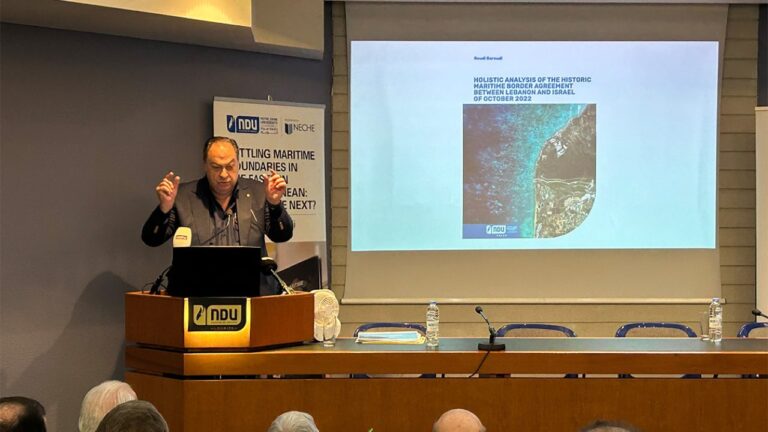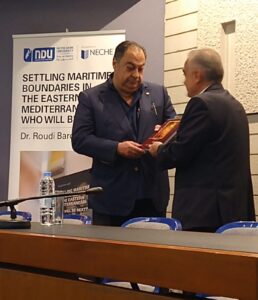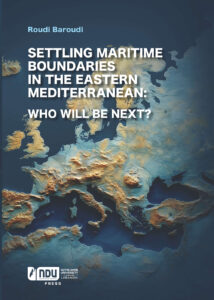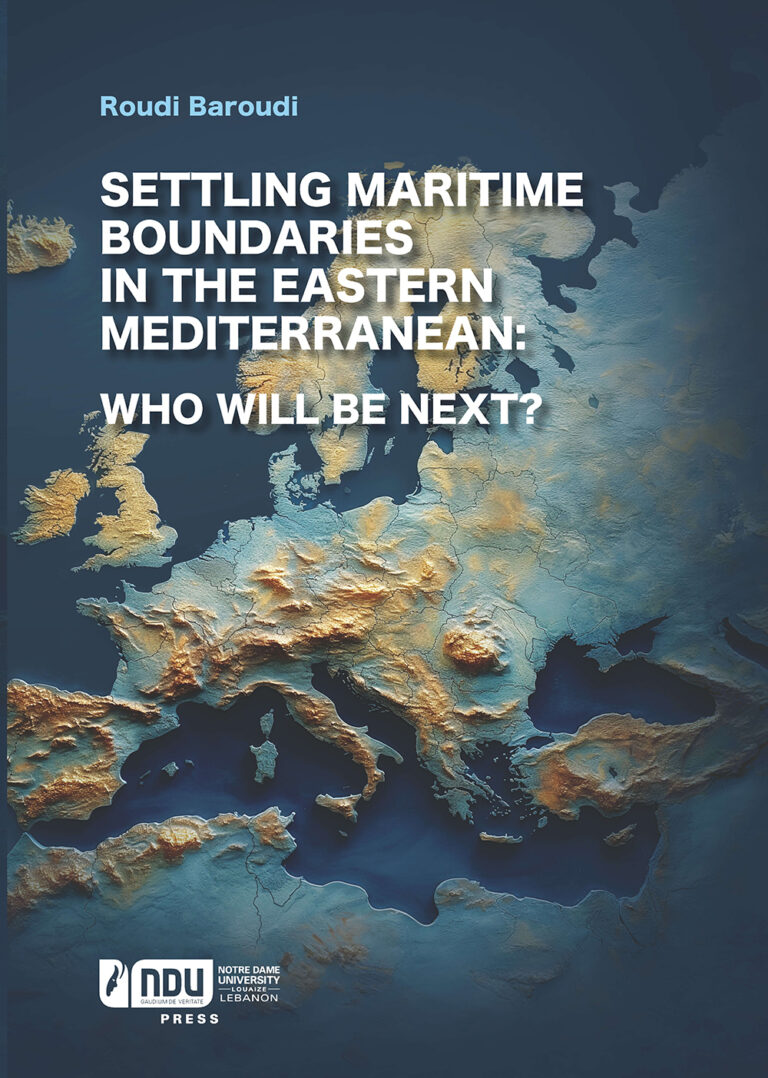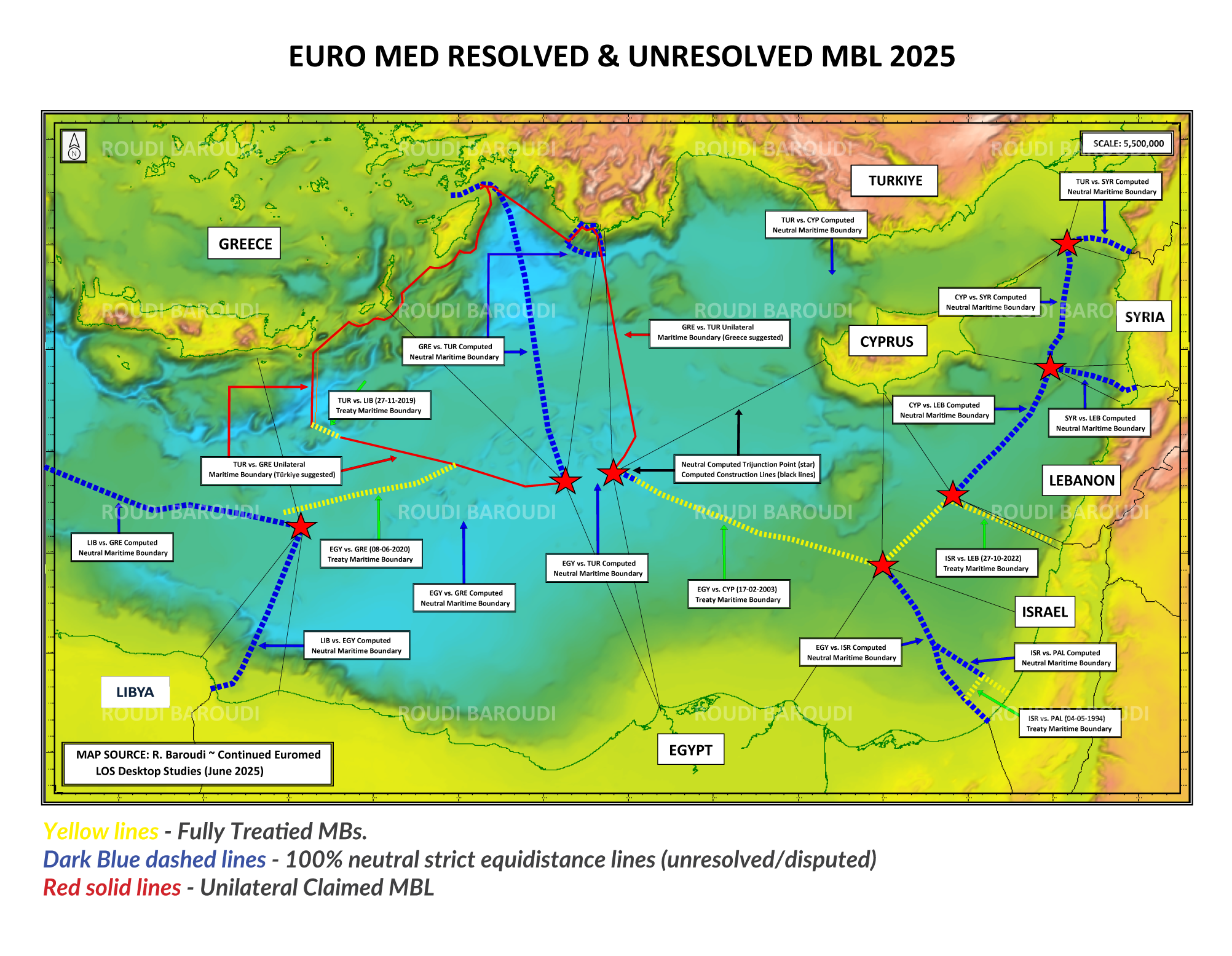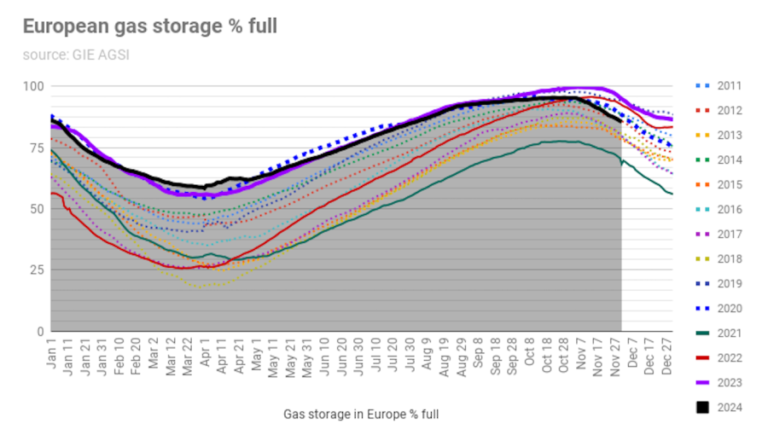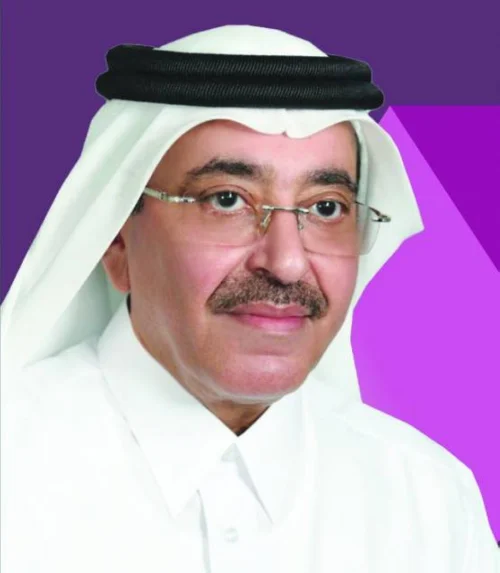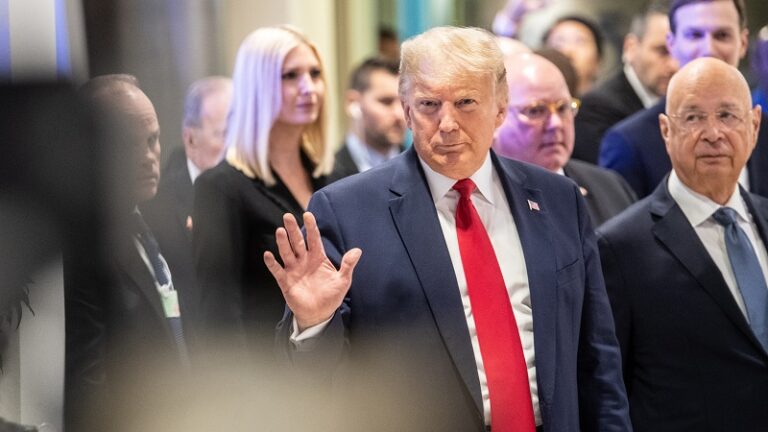Qatar deserves global thanks – and a whole lot more
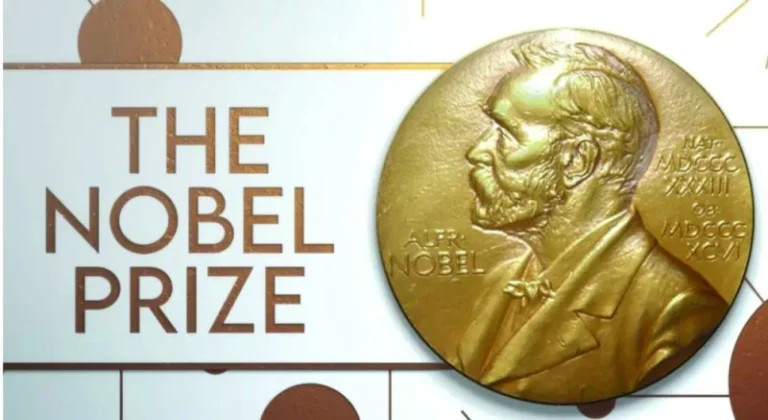
Most of the world is watching and waiting, hoping and/or praying that a hastily arranged ceasefire between Israel and Iran will hold. If it does, there will be sighs of relief virtually everywhere; if it does not, the State of Qatar should still be considered for the Nobel Peace Prize.
Yes, you read that correctly: even if the ceasefire that it helped to secure falls apart, Qatar should be considered for what many regard as the most prestigious prize on Earth.

I believe this because peace is more important than any other cause on Earth, and pound-for-pound, no country does more than Qatar to promote peace. Peace is more than a photo opportunity, more than a process that often allows belligerents to let their guns fall silent, more even than the gratitude of those whose lives and livelihoods are spared. It also serves other useful purposes, too, including as a commodity that promotes stronger growth and better socioeconomic development, and frees up resources for investment in education, healthcare, and transport infrastructure. Accordingly, achieving peace means more than simply not being at war: it means having the chance to better one’s own situation by leaps and bounds. By extension, anyone who provides such a chance to anyone else deserves deep admiration.
By this measurement alone, Qatar’s case for a Nobel is rock-solid – and has been for years, long before the world’s most powerful county asked it to obtain Iranian consent to a ceasefire. A quick glance at Qatar’s track record reveals a foreign policy focused almost entirely on the peaceful resolution of differences. Over the past quarter-century, Qatari diplomacy has helped to resolve or mitigate multiple crises, disputes, and conflicts in too many places to count, including Afghanistan, Darfur, Gaza, Eritrea, Iraq, Lebanon, Russia and Ukraine, Sudan and South Sudan, and Yemen. These feats have included the winding down of one all-out civil war and the prevention of another, the brokering of several exchanges involving thousands of prisoners/hostages, the securing of temporary cease-fires, the resolution of dangerous constitutional deadlocks, and – most importantly – the kindling of hope in the hearts of millions.
Not surprisingly, Qatar’s diplomatic corps is almost constantly and relentlessly engaged in one form or another of peacemaking. It does not always succeed, but its investments – both political and financial – in this mission pay dividends in other ways, too. Repeated successes are their own reward, but even “failure” both raises Qatar’s profile and reaffirms its commitment to dialogue and peace. In addition, both the leadership and the professional diplomats learn important lessons from each and every engagement, making Qatari intervention increasingly effective over time. Just as importantly, this increasing effectiveness contributes to Qatar’s growing reputation as an honest and capable broker, and that perception gives it still more influence, leverage, and flexibility going forward.
There are critics, of course. Many American officials, for instance, have criticised Doha for maintaining friendly relations with entities such as Hamas, the Taliban, and, indeed, the Islamic Republic of Iran. But when Washington and Paris wanted to end the presidential vacuum in Beirut, they turned to Qatar and other brotherly nations, which then helped to gain the acquiescence of Iran and Hezbollah. When Washington wanted to negotiate the release of Israeli soldiers and civilians held in Gaza, it was Qatar that made it happen. When the first Trump administration wanted a negotiated exit from Afghanistan, it was Doha that made the contacts and hosted the talks. And when the current Trump administration decided it was time for Israel and Iran to end hostilities, it was the Qataris who delivered the Iranians – and this despite the fact that Iran had just retaliated against US air strikes by lobbing missiles at a US air base inside Qatar!
In effect, the peninsula is now a platform for peace promotion, and not by accident. As impressive as they are, even Qatar’s obvious enthusiasm and evident aptitude for dialogue and diplomacy cannot account for the unprecedentedly large role it has come to play on the world stage.
Instead, today’s Qatar is the product of a bold strategy rooted in both purpose and principle. Led by His Highness the Amir Sheikh Tamim bin Hamad al-Thani, the country’s entire leadership views respect for international law and the maintenance of international peace and stability as existential objectives for Qatar and its population.
The Amir inherited some of this strategy from his father, but he has expansively built on it, adding both breadth of vision and depth of commitment. Even – and perhaps especially – when this approach has carried dire risks, His Highness the Amir has refused to waver, and his steadfast pursuit of fraternal relations among nation-states has continued. That resolve has been noted by state and non-state actors alike, and some former antagonists have even come to embrace and even emulate much of the Qatari approach.
That’s why Qatar deserves the Nobel Peace Prize. Not because it helped end a war between Iran and Israel, but because no other country is so singularly dedicated to peace. It’s the ideas behind its actions that make them special: that a country should not only refrain from seeking out conflict, should not only keenly avoid conflict unless necessary, but should also actively seek to prevent, shorten, and/or mitigate conflict among other countries as well.
What could be more noble – and therefore more Nobel-worthy – than that?
- Roudi Baroudi is an energy and policy expert with more than four decades of experience in both the private and public sectors. The author of several books, he currently serves as CEO of Energy and Environment Holding, an independent consultancy based in Doha.
